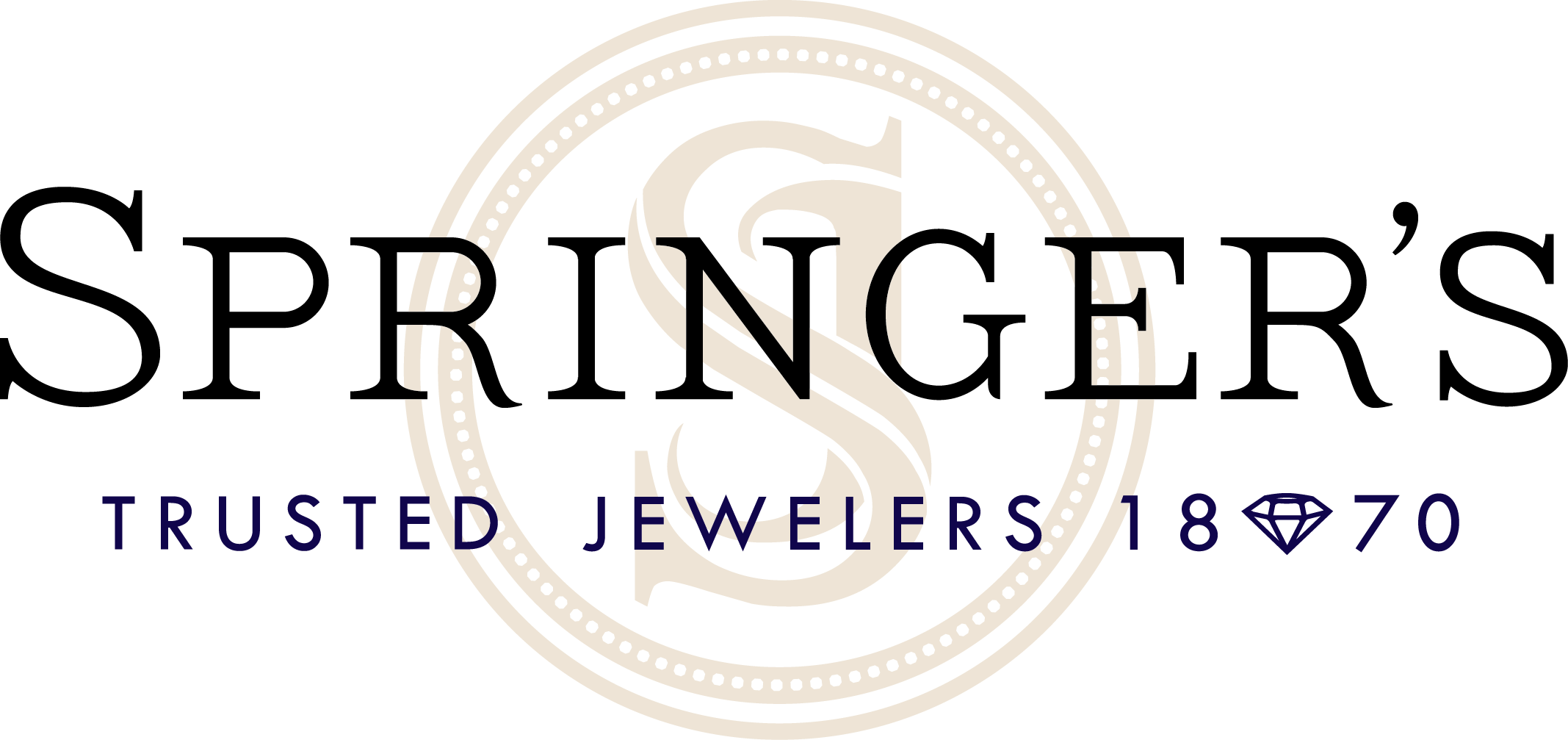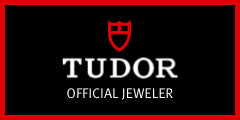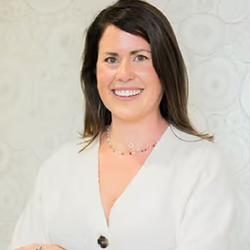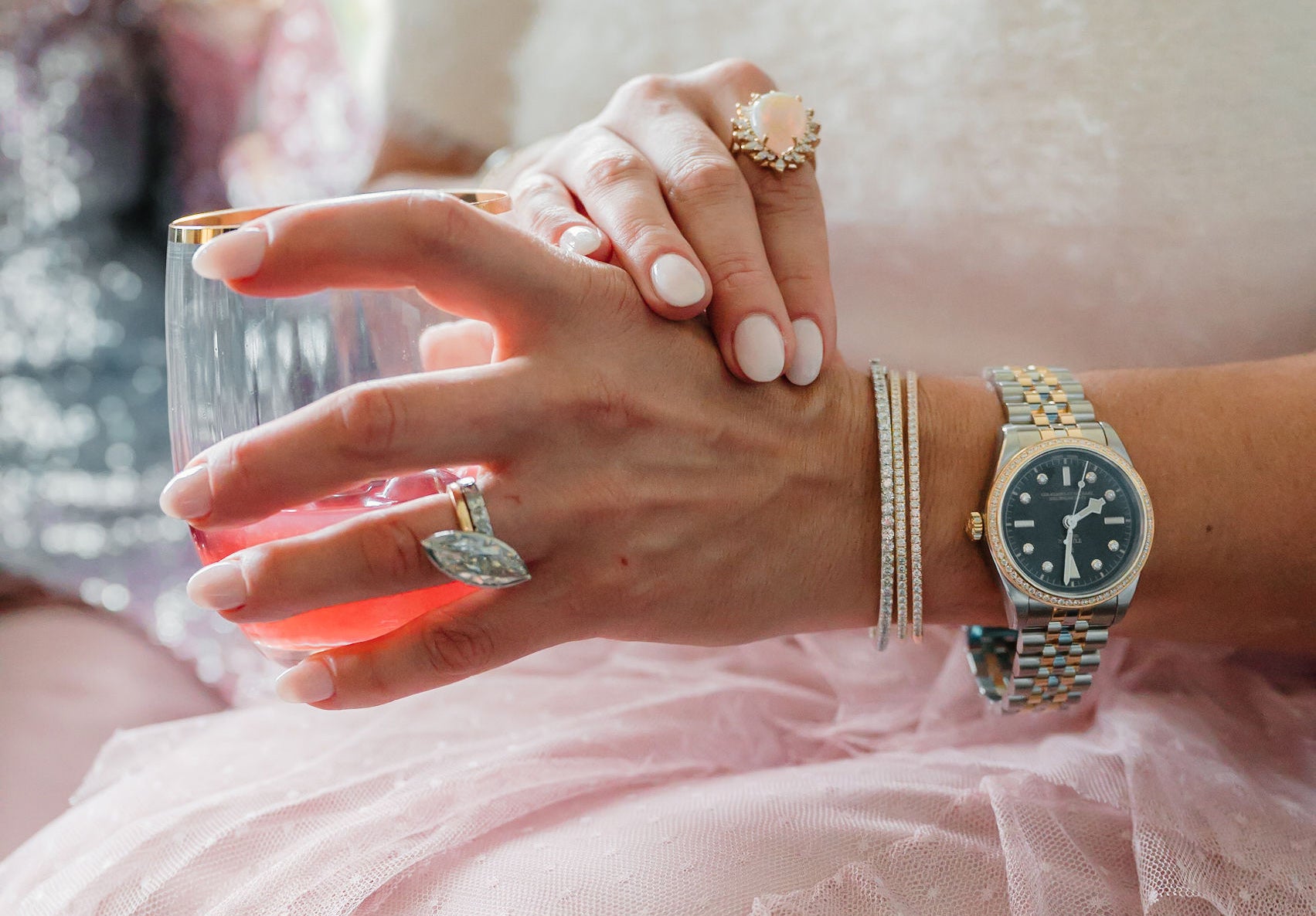David Weisz began as a business in Satu Mare, Romania, which is very close to where the borders of Romania, Hungary, and Ukraine meet today. The business offered finished jewelry and diamonds.
David was widely respected in the community as being an honest man who would always tell the true value of his jewels. Everyone in the community who needed an opinion regarding value knew that he was the person to ask. David was also viewed as a kind, professional, and respectful man. In the 1920s, if a woman wished to buy diamond earrings, it was the custom for the jeweler to set the earrings on the woman’s ear for her. But David was an Orthodox Jew, and in his tradition, it was not acceptable to touch the women who came into his shop. To solve this, he became extremely adept at using two tiny pliers to set the earrings. The women who visited his shop expressed their appreciation for his ability to set the earrings so very gently while at the same time avoiding the intimacy of touching their ears.
The business was successful for two decades, until World War II. As the war grew in intensity, David realized that he was unlikely to be able to escape to safety. However, he knew a distant cousin, Martin Weisz, who was about to leave for New York. David Weisz gathered the diamonds from his shop, and gave them to Martin. He told Martin:
“Please keep these diamonds safe for me and my family. If we make it out, you will have them for us. If none of us survive, they are yours to keep.”
In 1944, David, his wife and children were deported to the camps. David and every member of his family was killed, except for his son Herman. By 1945 Herman was alone, and had been moved from camp to camp. On April 11, 1945, he was at the camp called Buchenwald. As the Americans approached, German headquarters telegraphed the camp and told the officers to incinerate the camp and all its remaining captives. As the few remaining officers (many of them had fled) began rounding up the prisoners, Herman Weisz decided that this may be his last chance at survival. He threw himself between two cots in one of the cells and pretended that he was dead. In the chaos, he was left behind. But still he lay there playing dead for hours, not knowing whether or not it was safe to come out.
After a year of torture and unimaginable loss, Herman had lost touch with the idea that human beings could be kind. As the American soldiers approached, Herman became terrified. He was convinced that these men would simply kill him when they found him. When an American soldier gently lifted him from the floor, he was nearly mad with fear and continued to play dead. But the soldier reached into his pocket and pulled out a chocolate bar. He gave bits of the chocolate to Herman, who was deeply malnourished, and assured him that he was safe.
This moment of simple human kindness was the beginning of Herman’s re-entry into the world. It planted in him a gratitude and dedication to America and Americans that became one of the most powerful themes of the rest of his life.
Herman finally made it to New York in 1947. His grandfather (David’s father) Chaim had come to the United States for a visit just before the war broke out, and then he got stuck in New York, unable to return to his family. So Herman and his grandfather Chaim had each other. But because nearly the entire Orthodox Jewish Community he belonged to had been killed during the war, it seemed like it may be impossible to even find a wife. He started his life over again.
Then one day he met a man on the street and they began to talk. It was Herman’s distant cousin, Martin Weisz. As they put their facts together, Martin realized that Herman was David Weisz’ son. He said, “I have something for you!” and he gave Herman the diamonds that Herman’s father David had entrusted to him back in Romania. Herman tucked the diamonds away where they would be safe, but it took him two more years to decide that he would follow his father into the jewelry business.
In 1949, Herman began his training to be a diamond cutter. For many years he sat at the bench. He had a tremendous ability to see the potential in the rough, and he developed a strong reputation for being a genuinely honest person who brought amazing craftsmanship to his work. Herman’s relationship with his cousin Martin also gave him a second gift. Martin had a brother, and that brother arranged for Herman to meet a woman named Eva, who would become his wife. They were lucky to meet one another at a time when so few were left.
Together they built a family. Eventually, in addition to cutting diamonds, Herman started dealing, then flying to Africa to buy rough. But he always kept it small. After all he’d lived through, all he wanted to do was provide for his family and live a quiet life. As Herman’s son David grew older, he too learned to be a diamond cutter. Herman wanted David JR to build a reputation of his own. David didn’t want to just benefit from his father’s reputation, he wanted to build a reputation of his own.
He became a superior cutter on 47th street, building trusting relationships and his own clientele. Only then did David join his father as a partner. David wanted to name the company “Herman Weisz,” but Herman didn’t want that. They named the company “David Weisz” in honor of Herman’s father.
Over many years they worked together and also as partners with another company called UGI, building a very strong network of trusted peers within the fine jewelry community. They built a company based on respect and integrity. In addition to David and Herman, David’s mother Eva, and eventually David’s sons Yoely and Zisha, daughters, and sons-in-law Mr Spitzer and Yehuda Ungar all became part of David Weisz. Herman is now retired from the business.
A few years ago, he brought his son David a parcel. It was the diamonds that his father David had given to his cousin Martin back in 1944 in Romania. Those diamonds inspire the family, and therefore the company, on several levels. The diamonds represent trust and human goodness. They speak to the ability to hope for a brighter future even in the heart of darkness. These bits of polished carbon aren’t for sale. They are part of the Weisz family legend, an ode to honesty, and a living legacy to the David who started it all.
For David Weisz, being in the diamond business is about much more than commerce. It is a multi-generation family commitment. While this story certainly has some sad aspects, David Weisz has a lot of other stories to tell; interesting stories, funny stories, inspiring stories, stories about the joy and commitment of working together to build something – a family, a business.





